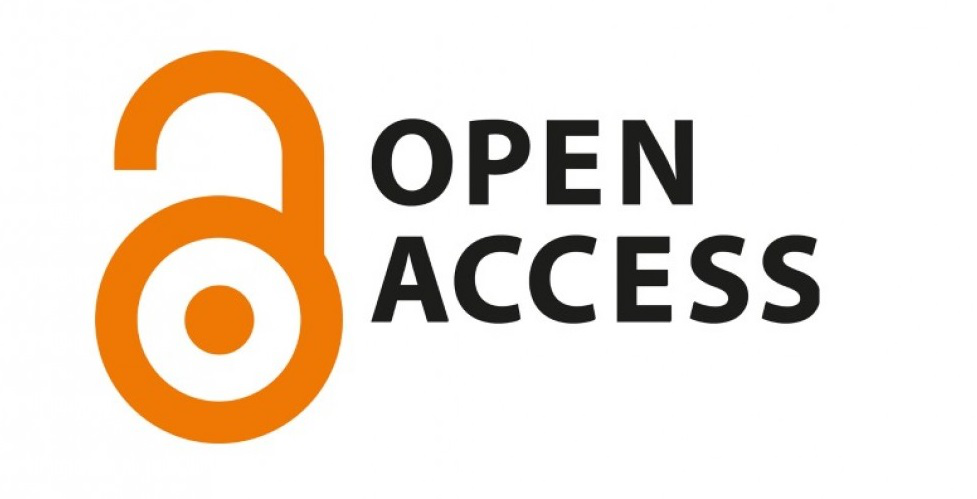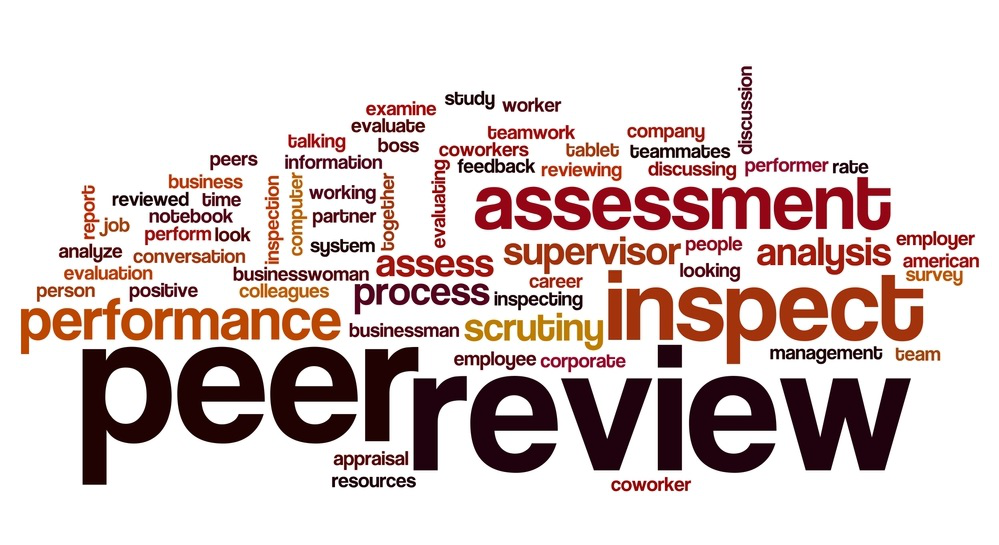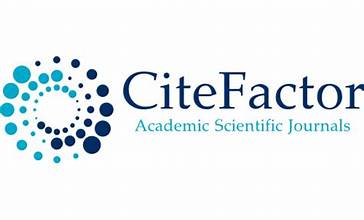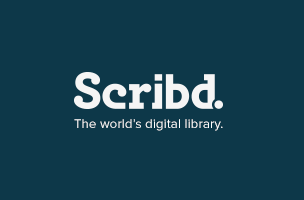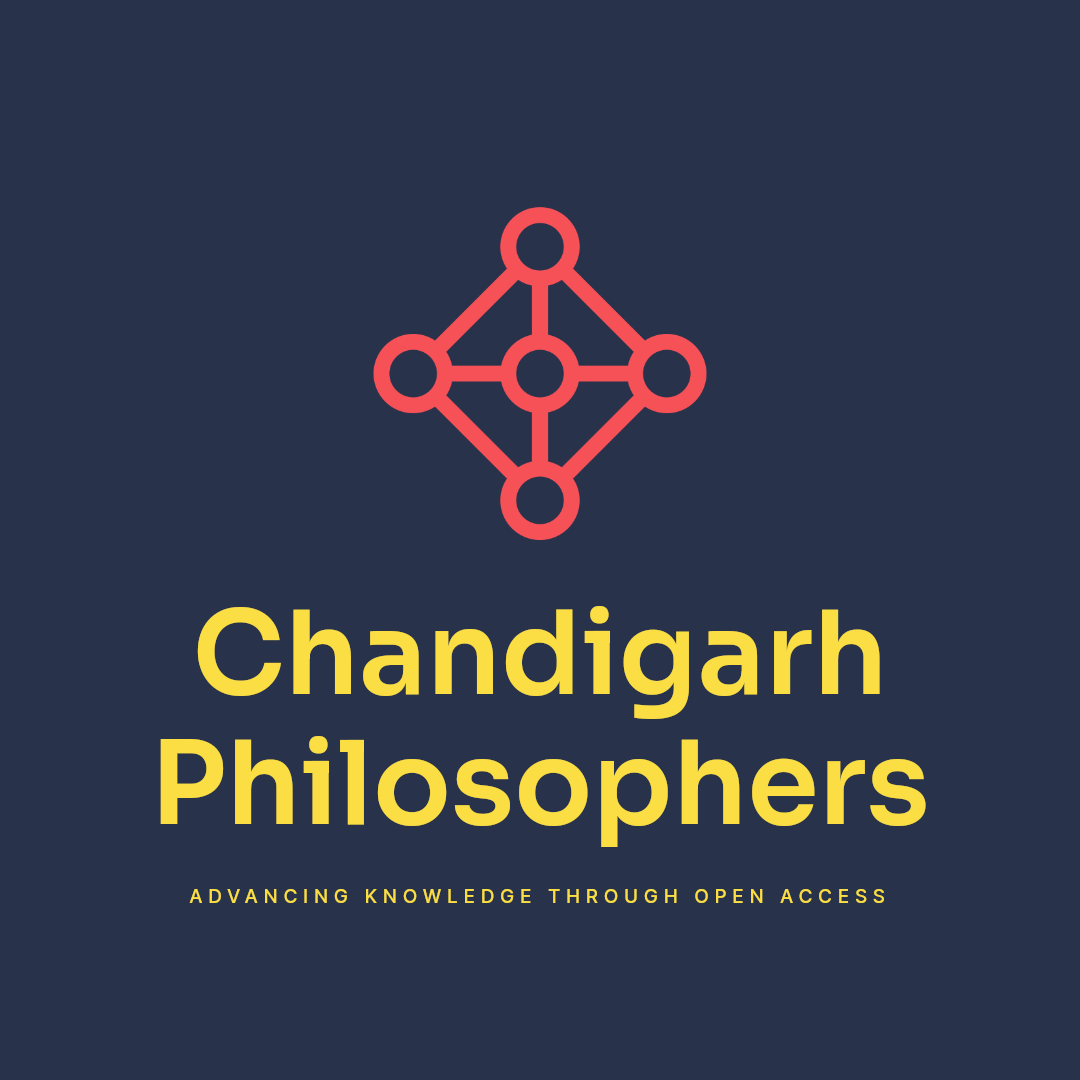Peer Review
Peer Review & Plagiarism Policies
IJMRP Peer Review & Publication Guidelines
1. Importance of Peer Review:
Peer review is pivotal in ensuring that IJMRP publishes only high-quality and authentic research, simultaneously promoting responsible research conduct.
2. Double-Blind Peer Review Process:
We utilize a double-blind peer review approach, guaranteeing anonymity between reviewers and authors, fostering unbiased assessments.
3. Global Pool of Reviewers:
With a diverse range of reviewers spanning various disciplines and global locations, we're equipped to review research from any discipline in any language.
4. Adherence to CoPE Guidelines:
Following CoPE's (Committee on Publication Ethics) guidelines for journals, we mandate that our editors and reviewers verify compliance with these rules by all authors. Detailed editorial standards can be found here.
For information on reviewer qualifications, rewards, and a complete list of IJMRP's editorial team, click here.
5. Review & Publication Workflow:
- An editor, typically from the research's discipline, conducts a preliminary review.
- Submissions lacking sufficient quality may be declined pre-peer review, expediting decisions for authors.
- Following this, papers get matched with a subject and language-expert reviewer.
- Reviewers rate submissions on a 10-point scale across factors like title relevance, scholarly quality, originality, technical accuracy, and conclusion clarity.
- Suggestions might be relayed to authors for revisions. Any delays beyond a month necessitate re-submission, restarting the review cycle.
- Submissions securing 75% or above proceed to publication. Post-peer review, an editor may make final refinements before publication.
6. Plagiarism Protocol
Plagiarism can emerge when submissions draw heavily from one or multiple sources, mirroring a deficit of original insight or methodology.
- To maintain our dedication to originality, we employ Turnitin a specialized software, to detect plagiarism. This tool verifies citations in papers against a vast array of online sources. Articles exceeding a 10% plagiarism threshold are disqualified and authors are informed.
Through these procedures, IJMRP remains committed to publishing only genuine, top-tier research.


